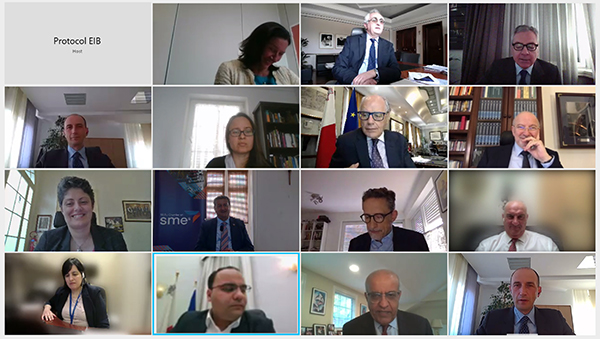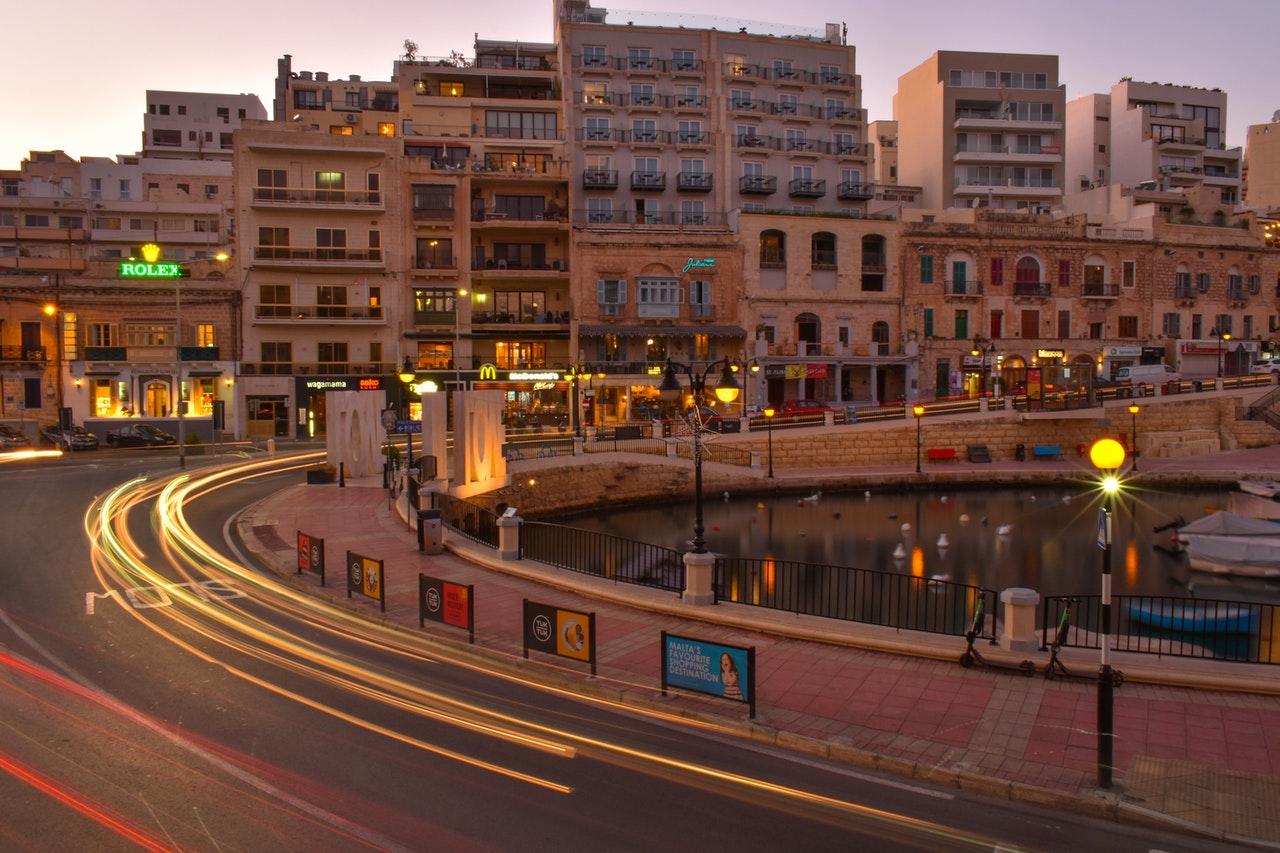The impact of COVID-19 on the economy will be permanent, predicted Bank of Valletta CEO and Malta Banking Association Chairman Rick Hunkin on Monday.
Speaking at a webinar held jointly between the Central Bank of Malta (CBM) and the European Investment Bank (EIB), titled “Investment in the post-COVID-19 era, digitalisation and climate change”, Mr Hunkin was asked whether he expected COVID-related changes to Malta’s economy to persist.
He answered that while “none of us have a crystal ball”, it does seem like when Malta emerges from the COVID pandemic, its economy will have been irreversibly changed.
“COVID might have made businesses realign their philosophies on investment”, he explained, as businesses embrace technological and green investments especially.
His co-panellists at the discussion, chaired by Central Bank of Malta Governor Edward Scicluna largely agreed, emphasising that we should be looking at a “new normal”, rather than assuming things will “simply go back to the way that they were prior to the pandemic”.

The panellists, aside from Mr Hunkin, included prominent figures such as Mahmood Pradhan, Deputy Director, European Department, IMF, Josef Bonnici, Chairman of the Malta Development Bank, Marisa Xuereb, President of the Malta Chamber of Commerce, Enterprise and Industry, Paul Abela, President of the Malta Chamber of SMEs, and Andrea Clerici from the Rome Office of the EIB.
They stressed the importance of investment – particularly that related to digitalisation and climate change – and stressed the strength of Malta’s regulatory environment.
On the part of digitalisation, the panellists agreed that the COVID pandemic had polarised the importance of digitalising businesses.
Mr Vella of the SME Chamber, who has been involved in business for 65 years commented that the shock of the pandemic has had an unprecedented impact on local businesses, but that those companies that had already digitalised before the pandemic were much better off.
This is because, he emphasises, 80 per cent of total business in Malta during the peak of the pandemic was carried out online.
For small businesses though, it is far from straight forward to digitalise, and a “one size fits all” approach doesn’t fit for small or micro businesses, he explains.
This was a point also discussed by Ms Xuereb of The Malta Chamber. She argued that whilst it was good to see new financing options available for businesses investing in technology or green investments, many companies lack the expertise to efficiently take advantage of these investments.
Instead of them being expected to invest and develop outside of their core competencies, Ms Xuereb believes that some firms with the specialisation and know-how should be encouraged to invest in technology, then sell it on.
Also discussed at the “well-attended webinar”, was the building of a green construction industry in Malta, a survey addressing SME’s access to financing in 2020, and the results of an EIB survey carried out in 2020 on investment.
This survey found that “while investment by Maltese firms has been highly impacted by COVID-19, with more than half of firms reporting that they are investing less, the urgency for investment to adapt to the new normal is increasing”.

Additionally, a presentation on the Maltese economy was made by the CBM’s Head of the Economic Analysis Department Rita Schembri.
The webinar was addressed by Minister for Finance and Employment Clyde Caruana, while the opening remarks were made by the EIB’s Vice-President Dario Scannapieco and the Bank’s Deputy Governor Sandro Demarco.
European Parliament adopts regulation making it easier for companies to be paid on time
The maximum credit term under the new Late Payment Regulation is to up to 120 days, for some sectors
French ATC strike forces Ryanair to cancel over 300 flights, affecting 50,000 passengers
The low-cost carrier is demanding the EU carries out reforms to ensure travel continues undisrupted
Valletta ranks 8th most expensive European capital city to live in – study
While London is the most expensive, Bucharest is the most affordable






